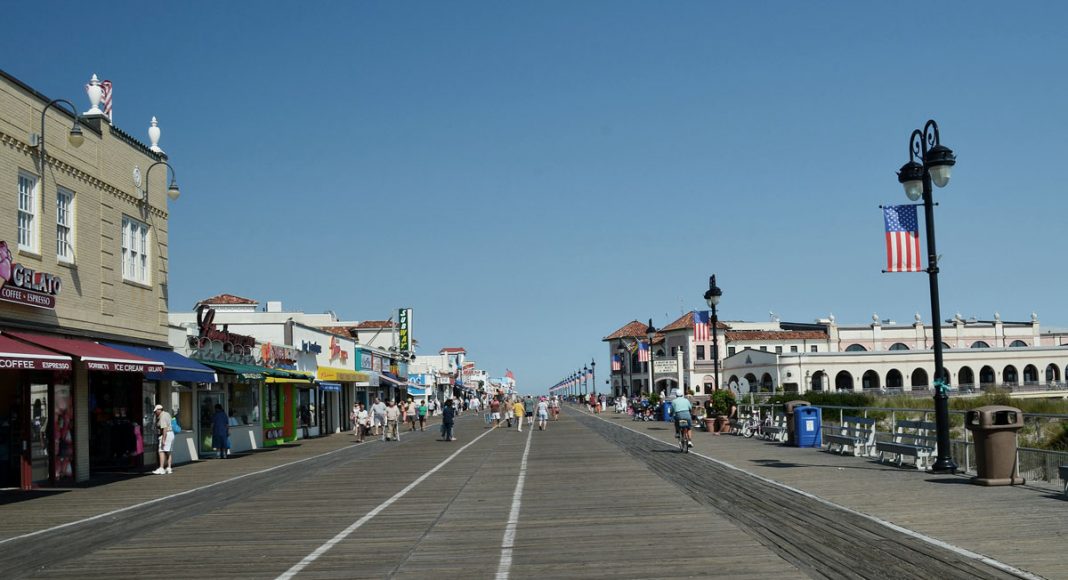While New Jersey Governor Phil Murphy continues to push for broad legalization, lawmakers can’t seem to agree on passing a bill that would do so. Medical marijuana is alive and well and making new strides, but where is the promised recreational use?
It does seem to be coming, just ever so slowly compared to the first 100 days promise. Murphy says that once cannabis is legalized, he’d like to see sales on day one, which would mean permitting existing medical marijuana dispensaries to sell to the general public once they’d secured enough pot for their patients.
-
Related Story: DOJ Continues To Sandbag Medical Marijuana Research
Opening up in dispensaries that are already here could easily cause a shortage problem for them and the patients that rely on them. And that could be a problem, but it’s not the holdup. One would think that in a predominantly democrat controlled state legislature that marijuana would have been a slam dunk for Murphy, but he couldn’t get it past recent budget hurdles, so we’ll see again come August when there may be a special vote.
There are also intraparty arguments going on and not everyone sees legalization as the answer. Senator Ronald Rice is the chairman of NJ’s black caucus and is of the opinion that decriminalization is a better route. Murphy fears, however, that decrim would be keeping the cannabis in the hands of criminals, even if it did keep nonviolent offenders out of jail.
“Decriminalization for me doesn’t get it done,” Sen. Murphy told The New York Times, “because it leaves the business in the hands of the bad guys, it leaves our kids exposed, and it leaves the industry unregulated and untaxed. So while social justice and protecting our kids might be of paramount importance, if there’s a way for the state at the end of the day to make some revenues out of this, we should accept that.”
“Some revenues,” is a grand understatement to boot. In Murphy’s projected budget, legalized cannabis is to create $80 million in yearly tax revenues for the state. Money that could go toward education, roads, law enforcement and more.
Trenton is where the New Jersey laws are made, and so far 19 separate interest groups have cropped up to push for recreational cannabis. Four other groups have formed in opposition.


